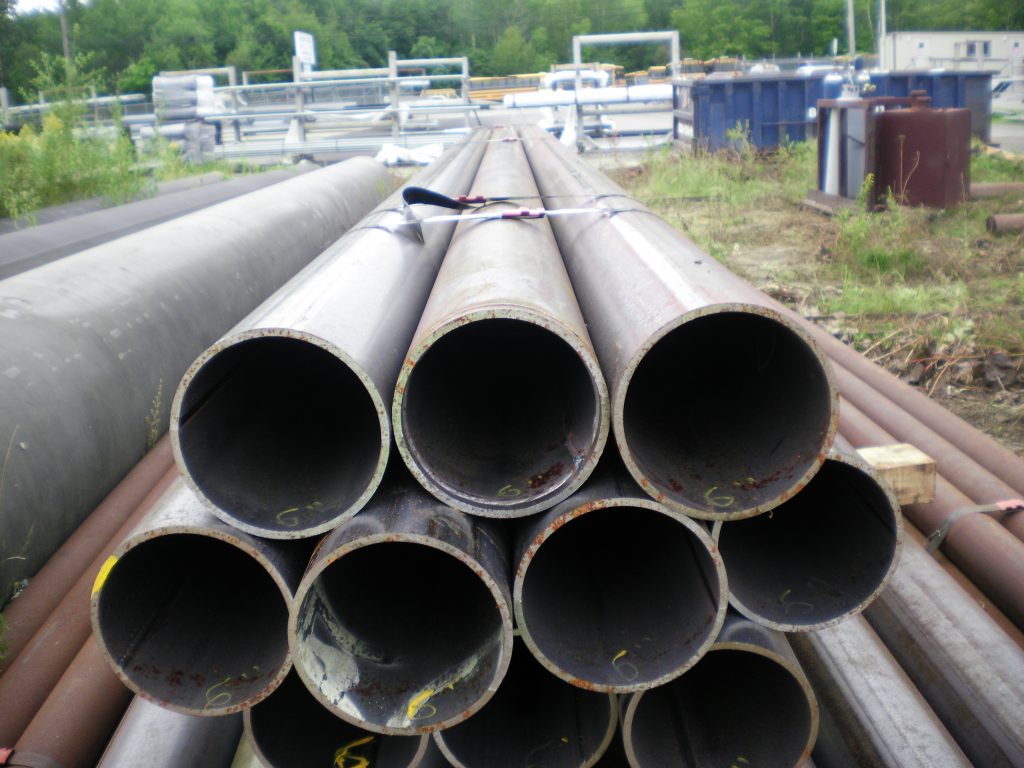Schedule 40 stainless steel pipes are widely used in various industries due to their durability, corrosion resistance, and strength. However, the strength performance of schedule 40 stainless steel pipes can vary depending on several factors such as material composition, temperature, and pressure. In this article, we will analyze the strength performance of schedule 40 stainless steel pipes and provide examples of their applications in different industries.
Introduction:
Schedule 40 stainless steel pipes are commonly used in industries such as construction, chemical processing, and oil and gas due to their excellent mechanical properties and corrosion resistance. The strong performance of schedule 40 stainless steel pipes is a crucial factor in determining their suitability for specific applications. In this article, we will examine the factors affecting the strength performance of schedule 40 stainless steel pipes and provide insights into their applications in different industries.
Factors Affecting Strength Performance:
The strong performance of schedule 40 stainless steel pipes is influenced by several factors such as material composition, temperature, and pressure. Stainless steel pipes with higher levels of chromium and nickel exhibit greater strength performance due to their increased resistance to corrosion and oxidation. The temperature of the environment also affects the strength performance of schedule 40 stainless steel pipes. At higher temperatures, the strength of stainless steel pipes decreases due to thermal expansion and softening of the material. Similarly, the pressure applied to the pipes also affects their strength performance. Higher pressure can cause stress on the material, leading to deformation and ultimately failure.
Applications in Different Industries:
Schedule 40 stainless steel pipes find applications in various industries due to their excellent strength and corrosion resistance. In the construction industry, schedule 40 stainless steel pipes are used in structural applications such as handrails, guardrails, and support columns. The chemical processing industry uses schedule 40 stainless steel pipes in equipment such as reactors, heat exchangers, and tanks due to their resistance to chemical corrosion. In the oil and gas industry, schedule 40 stainless steel pipes are used in pipelines for transporting crude oil and natural gas due to their strength and durability.
Example:
A great example of the strength and durability of Schedule 40 stainless steel pipes can be seen in the construction of the One World Trade Center in New York City. The building’s structural support system was constructed using schedule 40 stainless steel pipes due to their excellent strength and corrosion resistance. The pipes were used in the building’s central core and perimeter columns, providing the required stability and support.
Conclusion:
In conclusion, schedule 40 stainless steel pipes are widely used in various industries due to their excellent mechanical properties and corrosion resistance. The strong performance of schedule 40 stainless steel pipes is influenced by several factors such as material composition, temperature, and pressure. Understanding these factors is crucial in determining the suitability of schedule 40 stainless steel pipes for specific applications. With their superior strength and durability, schedule 40 stainless steel pipes are a reliable choice for applications in industries such as construction, chemical processing, and oil and gas.
.jpg)
-1024x682.jpg)
